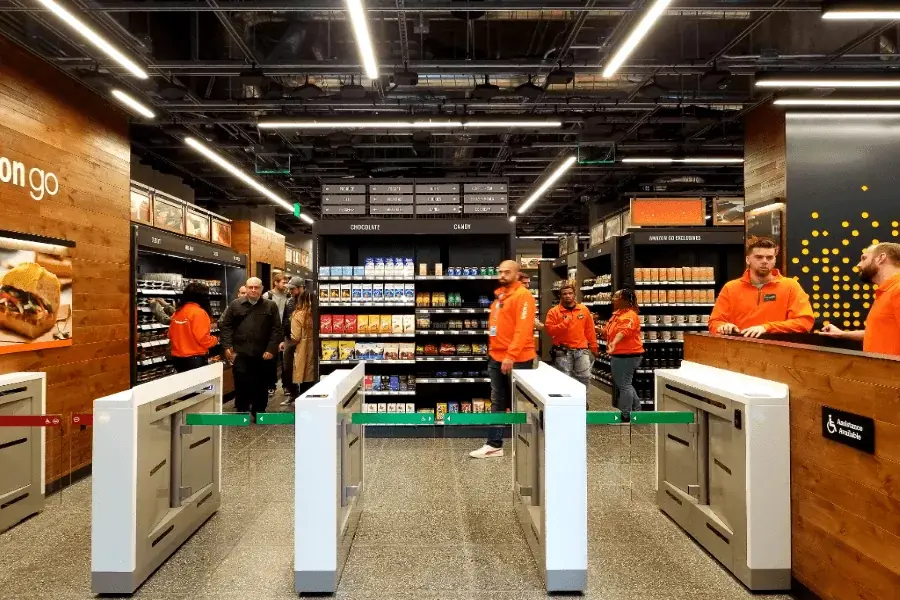Retailers: Are you drowning in data?
I’m guessing a lack of information isn’t a problem for you as a retailer. It’s knowing what to do with it and how to make sense of it that can be...
Companies have been more trusting of their employees since the pandemic forced everyone to work at home. In much the same way that employers realised their staff could be trusted to get on with the job despite being unsupervised, they are also realising that they can trust them to use their phone for work without opening Candy Crush.
Technology is encouraging employee autonomy and the advantages of convenience, efficiency and productivity are being recognised by forward-thinking businesses.
Last time we talked about retail, I talked about technology adoption and how to make this process as smooth as possible.
I touched on the subject of Bring Your Own Device (BYOD), but it really merits its own article – I work with a number of retailers and one of them has already taken the initiative, empowering their employees by fully embracing BYOD.
Having worked for BlackBerry and Samsung for a large portion of my career, I have always been interested in what phone people carry. Now, in my role at mpro5, I spend quite a bit of time in supermarkets, speaking to different managers about our software. One thing I often notice is that they all have nice phones, not the type of thing you’d typically see from a work device.
Anyone that knows me, knows I’m not backwards in coming forwards and I will often ask, “How did you get such a high-end phone for work?”
Invariably, this shiny, high-spec phone is their personal phone, as they either don’t want to use the “crappy work phone”, or it’s simply too difficult to use, so it sits in a drawer in the office, uncharged and unloved. What a waste of company money!
This is not something that’s uncommon either, in fact I see it all the time. The hardware is either a bit rubbish, because companies choose something functional and inexpensive, or the devices are so locked-down by company device management policy (written by people that don’t work in a store), that they are unusable.
Wherever possible, colleagues are opting to use their own devices to carry out their daily tasks, digitally.
This is Bring your own device (BYOD) in action.
Head-office became aware of this phenomena and immediately saw the potential, so they fully embraced the idea and officially facilitated BYOD. We worked with the client to integrate Single Sign On (SSO) to our platform, so that users only need to login once at the start of the day and can perform their checks without delay. The client also encouraged users to link to the customer WiFi, and rolled out a security app to be installed alongside mpro5 if it was being used on a personal device.
Before we get on to the benefits to my customer, a word of caution: BYOD has to be employee-led. It’s not really fair or reasonable to make it mandatory to install something on a personal device, so if you do decide to adopt BYOD it should be in conjunction with close dialogue with employees and the option to choose a company device if they wish to.
-jpeg.jpeg?width=300&name=IMAGE3%20(3)-jpeg.jpeg)
As an aside, I always wonder if Blackberry might have survived if it had been selling more of its higher-end devices to users instead of the bulk-order enterprise model – which was much maligned by anyone forced to use it.
Adoption of a digital solution is always a fluid process, what works for one business might not work for another. But I think this case study of BYOD demonstrates that the key to making any software rollout a success is dialogue with the end users – because they are the ones that need the software to work for them in order to make it work for your wider business.
Visit our Retail page for more content.
I’m guessing a lack of information isn’t a problem for you as a retailer. It’s knowing what to do with it and how to make sense of it that can be...
Safe & legal logbooks are the bedrock of any compliance regime and are filled out for hundreds of specific purposes by most employees on a daily...

Technological advancements are continuing to transform the retail industry, with the Internet of Things (IoT) leading the charge. Research shows that...